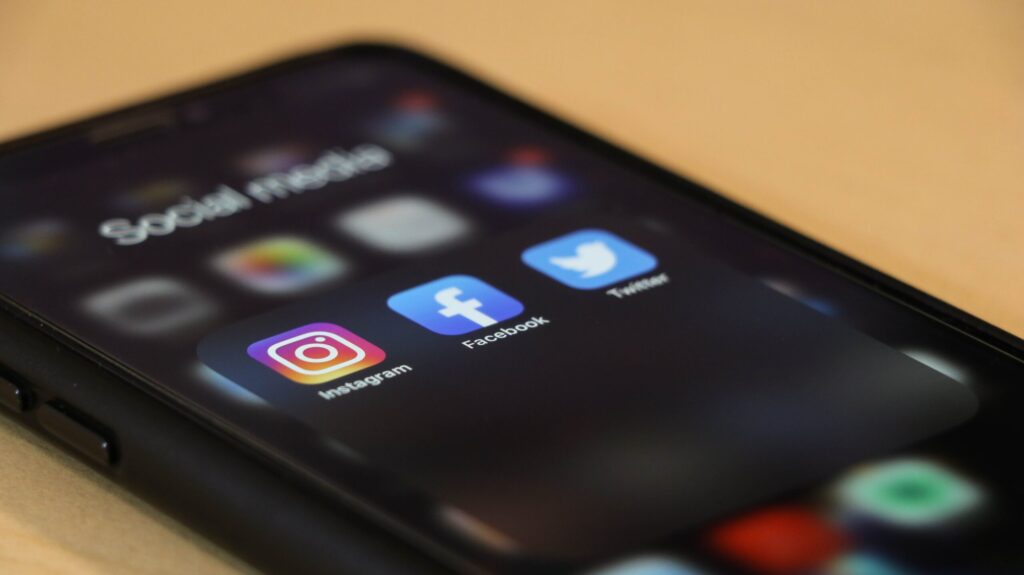Pandemic visiting restrictions for care homes were ‘cruel and punitive’
Visiting restrictions placed on care homes during the pandemic were “cruel and punitive”, the UK Covid-19 Inquiry has been told.
Speaking during the first day of the hearing on the impact on adult social care, Anna Morris KC, representing Covid Bereaved Families for Justice (CBFFJ), said the issue of visiting restrictions was “a matter of utmost public concern during the pandemic and is a matter of great concern to our families”.
Brenda Campbell KC, on behalf of Northern Ireland Covid-19 Bereaved Families for Justice, said “far too many” of the deceased had been “cut off from their families and isolated during the pandemic”.
Campbell added: “The negative and sometimes traumatic effect of visiting restrictions on the physical and, of course, the mental wellbeing of residents and on the mental health of carers can’t be overstated. In many cases, the restrictions imposed on visiting were cruel and felt punitive and failed to take into consideration the real importance of family relations and social interaction.”
The KC said far too many families had “experienced the trauma of realising a DNACPR had been imposed or was being imposed on their loved ones without consultation or any meaningful agreement”.
Jane Townson, chief executive of the Homecare Association, called for the expansion of the Inquiry beyond care homes and a limited definition of home care, commenting: “By focusing narrowly on care homes and a restrictive definition of care in the home, the Inquiry would be overlooking a significant portion of social care including populations most severely affected by Covid-19.
“It is crucial for the Inquiry to recognise that social care extends far beyond the confines of residential care homes for older people: it encompasses a broad and complex spectrum of community-based services, supported housing, assisted living and home care for individuals of all ages, with a wide range of needs, including physical disabilities, learning disabilities, autism, mental health conditions, brain injuries and more.”




